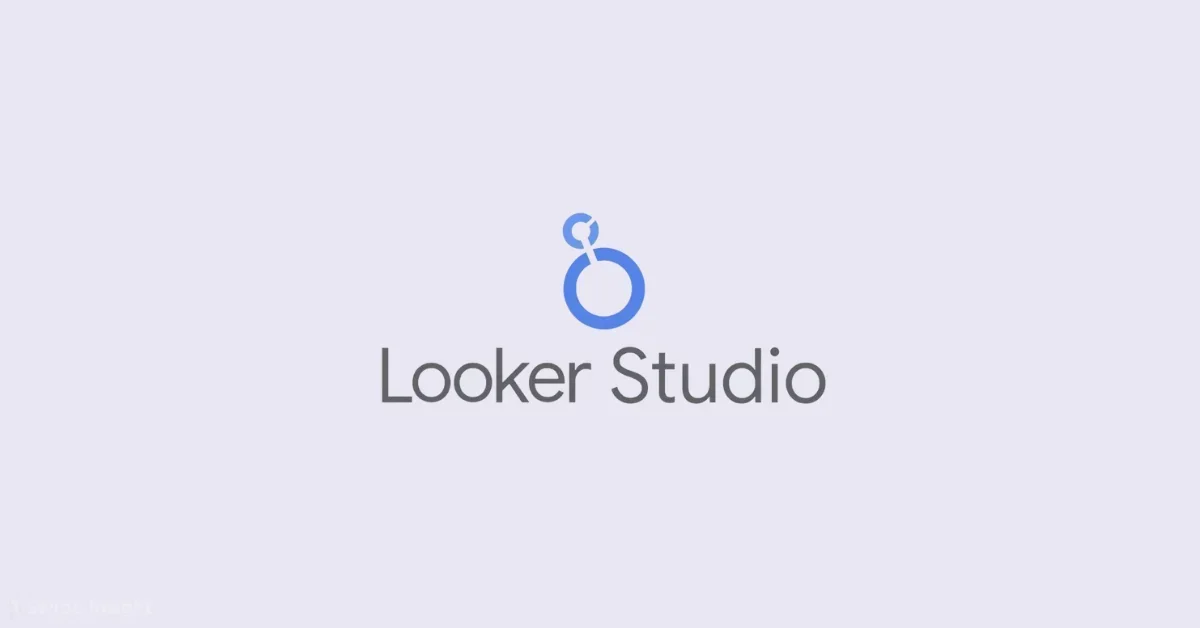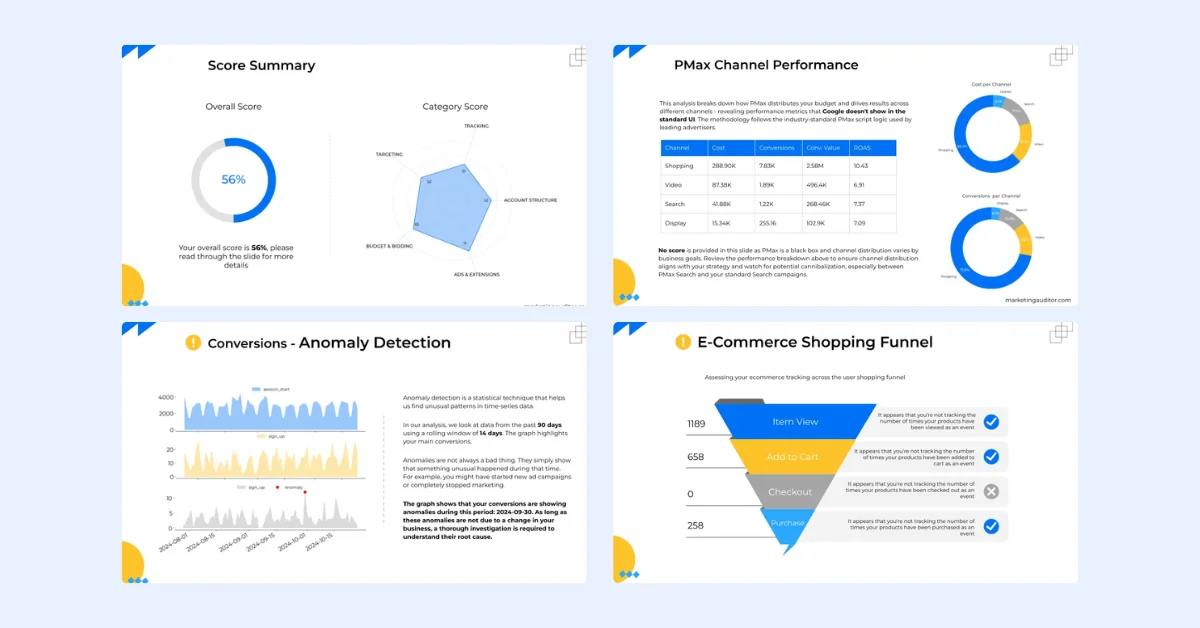Looker Studio has unveiled a significant enhancement to its data analysis capabilities with the introduction of Conversational Analytics, powered by Google's Gemini AI. This feature, now available in Public Preview, aims to revolutionize how users interact with and derive insights from their data.
Key Features of Conversational Analytics:
Natural Language Querying: Users can now ask questions about their data using everyday language, making data exploration more intuitive and accessible.
AI-Powered Insights: Leveraging Gemini's advanced AI capabilities, the system can understand context and provide relevant, in-depth answers.
Seamless Data Exploration: The feature facilitates easier data discovery, allowing users to delve deeper into their datasets without needing advanced SQL knowledge.
Enhanced Visualization: Responses often include automatically generated visualizations to help users better understand the data.
Integration with Existing Data Sources: Compatible with various data connectors including BigQuery, Google Sheets, CSV files, and Looker.
Requirements and Availability:
- Requires a Looker Studio Pro license
- Must be enabled by an administrator
- Currently supports specific data sources: Google BigQuery, Google Sheets, CSV files, data extracts, and Looker

User Experience Enhancements:
- Conversation Management: Users can organize their queries into separate conversations for better workflow management.
- Suggested Questions: The system provides question suggestions to help users get started.
- Editable Responses: Users can modify chart types and calculations for further customization.
Implications for Data Analysis:
This update represents a significant step towards democratizing data analysis, making it more accessible to users without extensive technical backgrounds. By bridging the gap between complex datasets and user-friendly interactions, Looker Studio is positioning itself at the forefront of intuitive data analytics tools.
While still in Public Preview, this feature shows promise in transforming how businesses interact with their data, potentially leading to faster insights and more data-driven decision-making across organizations.
Users are encouraged to explore this new feature and provide feedback to help shape its development as it moves towards general availability.

















